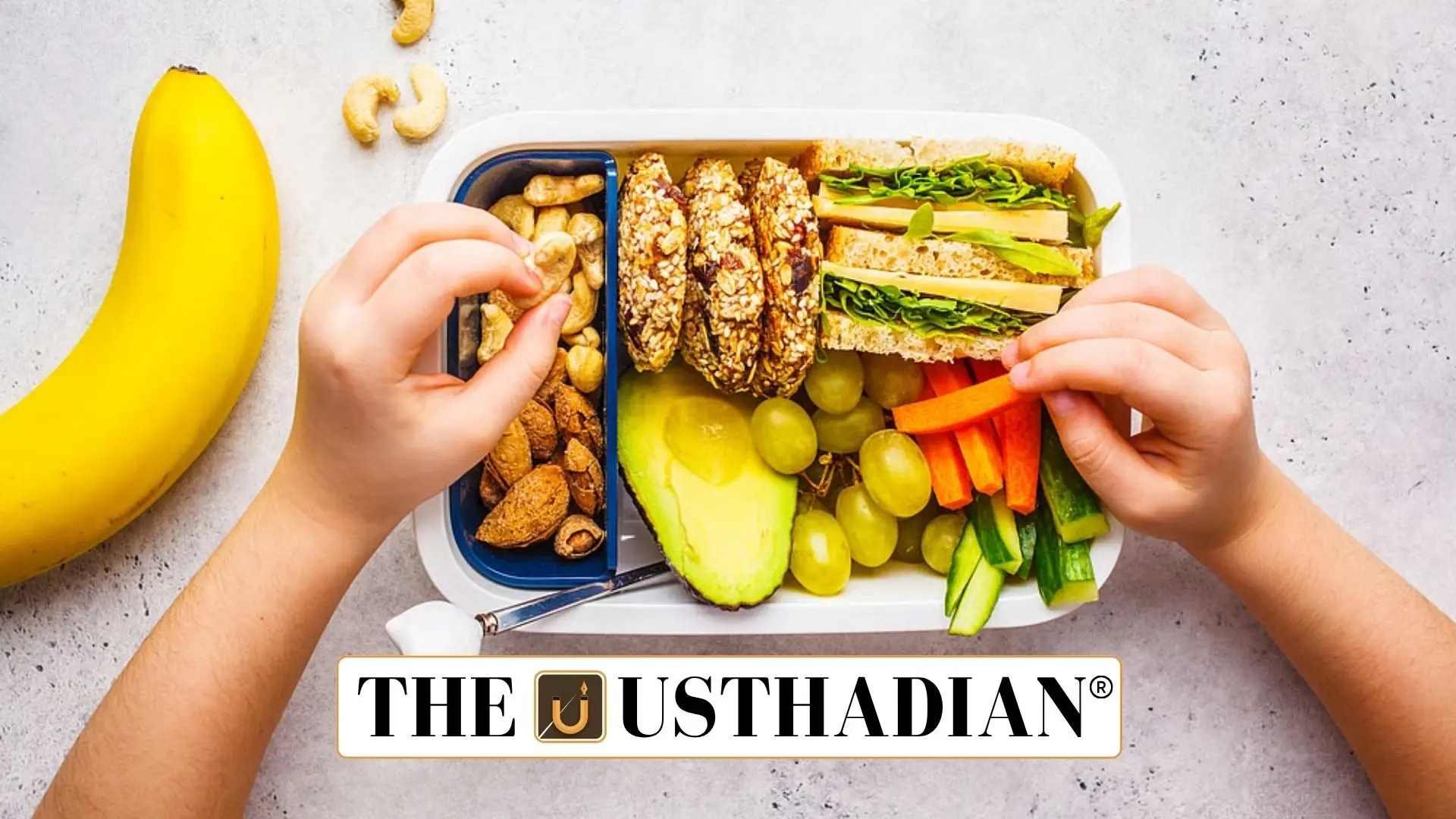Global Concern Over School Meal Quality
UNESCO Calls for Nutritional Reform in School Meals at ‘Nutrition for Growth’ Event: During the ‘Nutrition for Growth’ summit held in France on March 27–28, 2025, UNESCO unveiled a pivotal report titled Education and Nutrition: Learn to Eat Well.The report raised red flags about the nutritional quality of school meals provided globally, despite the fact that nearly 47% of primary school students benefit from some form of meal provision. UNESCO stressed that school meals must do more than fill stomachs—they should provide balanced nutrition that supports both health and learning.
Poor Regulation and Health Consequences
The report revealed that in 2022, 27% of school meal programs were designed without input from professional nutritionists, leading to inconsistent or inadequate diets. Even more concerning, less than half of countries evaluated (93 out of 187) had formal legislation on school food, and only 65% had any standards for food sold in cafeterias or vending machines. The report linked this lack of regulation to rising childhood obesity, which has more than doubled since 1990, while food insecurity continues to be a global crisis.
Global Examples of Effective School Feeding
UNESCO highlighted several success stories where countries have improved meal quality and education. Brazil’s school program restricts ultra-processed food, while China’s dairy and vegetable additions have helped rural children improve nutrient intake. India’s initiative to add fortified organic pearl millet in Maharashtra schools has enhanced cognitive development. Meanwhile, Nigeria’s Home-Grown Feeding Programme saw a 20% increase in enrolment, showing the positive link between good food and school attendance.
Recommendations and Path Forward
The report urges governments to prioritise fresh, locally sourced food, cut down sugary and processed foods, and include nutrition education in school syllabi. UNESCO plans to support countries with toolkits and training for school staff, ensuring that food becomes part of the learning process, not a health risk. The message is clear: well-fed children learn better, and it’s time for school meals to meet modern nutritional standards.
STATIC GK SNAPSHOT
UNESCO Calls for Nutritional Reform in School Meals at ‘Nutrition for Growth’ Event:
| Feature | Details |
| Report Title | Education and Nutrition: Learn to Eat Well |
| Released By | UNESCO at Nutrition for Growth 2025, France |
| Global Coverage | 47% of primary school children get school meals |
| Obesity Increase | More than doubled since 1990 |
| Countries With School Food Laws | 93 out of 187 |
| Key Success Examples | Brazil (restricts ultra-processed food), China (dairy & veg), India (millet), Nigeria (enrolment rise) |
| India’s Initiative | Fortified pearl millet in Maharashtra to boost adolescent cognition |
| Key Concern | Only 65% of countries regulate cafeteria or vending machine food |
| UNESCO’s Call | Promote fresh food, food education, and local produce |








